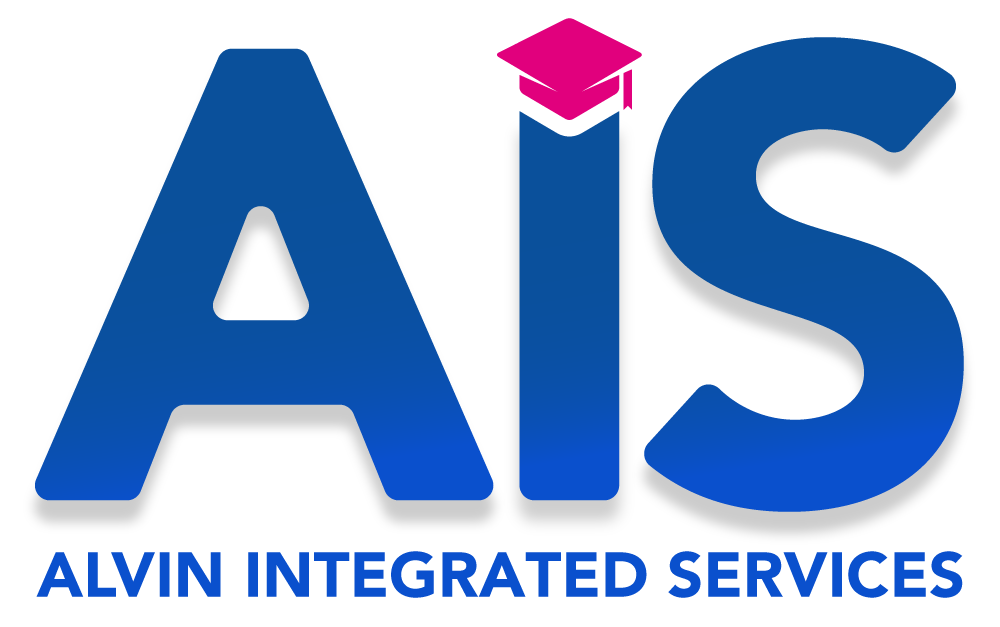CISSP-Certified Information Systems Security Professional Aspirants Training
Course Duration: 5 Day
Course Overview:
One of the top cybersecurity certifications available to professionals globally is the Certified Information Systems Security Professional (CISSP) Aspirants. For professionals who want to demonstrate their understanding of various security practices and principles, this CISSP certification course is excellent. The non-profit International Information Systems Security Certification Consortium (ISC)2 over sees this 5-day, Certified Information Systems Security Professional (CISSP) Aspirants certification.
“Certified Information Systems Security Professional (CISSP) Aspirants“ is what CISSP stands for. To assist aspiring candidates in mastering the craft of cybersecurity, our instructors have created a special teaching method. The CISSP Exam Prep Course is built around teaching the eight core information security domains, which give students all the knowledge they need to pass the CISSP exam and get a comprehensive grasp of information security.
We take pride in providing our students with top-notch learning services. In order to provide students with unmatched, exclusive content that is only available to Alvin Integrated Services students, our award-winning courses are created using highly interactive learning strategies that are supported by extensive research in designing and developing content. There are three different ways that these courses can be delivered: in-person, online instructor-led (virtual), and onsite/corporate.
What will I learn in the training?
● Understand, adhere to, and promote professional ethics.
● Understand and apply security concepts.
● Evaluate and apply security governance principles.
● Determine compliance and other requirements
● Understand legal and regulatory issues that pertain to information security in a holistic context.
● Understand requirements for investigation types (i.e., administrative, criminal, civil, regulatory, and industry standards).
● Develop, document, and implement security policy, standards, procedures, and guidelines.
● Identify, analyze, and prioritisebusiness continuity (BC) requirements.
● Contribute to and enforce personnel security policies and procedures.
● Understand and apply concepts of risk management.
● Understand and apply threat modelling concepts and methodologies.
● Apply Supply Chain Risk Management (SCRM) concepts.
● Establish and maintain a security awareness, education, and training program.
Module 2: Asset Security
● Identify and classify information and assets.
● Establish information and asset handling requirements.
● Securely distribute resources
● Manage the data lifecycle
● Ensure appropriate asset retention (e.g., end-of-life (EOL) and end-of-support (EOS)).
● Determine data security controls and compliance requirements.
Module 3: Security Architecture and Engineering
● Research, implement, and manage engineering processes using secure design principles.
● Understand the basic concepts of security models (for example, Biba, Star Model, and Bell-LaPadula).
● Select controls based upon system security requirements.
● Understand the security capabilities of information systems (IS) (e.g., memory protection, trusted platform module (TPM), encryption/decryption).
● Assess and mitigate the vulnerabilities of security architectures, designs, and solution elements.
● Select and determine cryptographic solutions.
● Understand the methods of cryptoanalyticattacks.
● Apply security principles to site and facility design.
● Design site and facility security controls
Module 4: Communication and Network Security
● Assess and implement secure design principles in network architectures.Secure network components
● Implement secure communication channels according to design.
Module 5: Identity and Access Management (IAM)
● Control physical and logical access to assets
● Manage identification and authentication of people, devices, and services.
● Federated identity through a third-party service
● Put in place and manage authorization mechanisms.
● Manage the identity and access provisioning lifecycle
Module 6: Security Assessment and Testing
● Design and validate assessment, test, and audit strategies
● Conduct security control testing
● Collect security process data (e.g., technical and administrative)
● Analyzetest output and generate report
● Conduct or facilitate security audits
Module 7: Security Operations
● Understand and comply with investigations.
● Conduct logging and monitoring activities.
● Perform configuration management (CM) (e.g., provisioning, baselining, automation)
● Apply foundational security operations concepts.
● Use resource safeguards.
● carry out incident management.
● Operate and maintain detective and preventative measures.
● Implement and support patch and vulnerability management.
● Understand and participate in change management processes.
● Implement recovery strategies.
● Implement disaster recovery (DR) processes.
● Test disaster recovery plans (DRP).
● Participate in business continuity (BC) planning and exercises.
● Implement and manage physical security.
● Address personnel safety and security concerns.
Module 8: Software Development Security
● Understand and integrate security into the Software Development Life Cycle (SDLC).
● Identify and apply security controls in software development ecosystems.
● Assess the effectiveness of software security.
● Assess the security impact of acquired software.
● Define and apply secure coding guidelines and standards.
Who should attend?
● Network Architects/ Security Consultants
● Security Architects/ Security Auditors
● Security Managers/ CIOs
● Directory of Security/ Security Analysts
● Security Systems Engineers
● Anybody who wants to gain knowledge of globally-recognized CISSP information security standards
● Anybody who is looking to clear their CISSP Certification Exam
How will I benefit?
Participants who take part in the Certified Information Systems Security Professional (CISSP) Aspirants training will learn about:
● A holistic understanding of information security aspects in an organization
● Defining the architecture, design, and management of IT security
● Necessary skills required to become a CISSP certified professional
● Gain a thorough understanding of all the 8 domains prescribed in the ISC2 CISSP Common Body of Knowledge (CBK)
● Optimizing security operations in an enterprise
● Access control systems and various methodologies that complement IT Security and governance for an enterprise
How to Apply?
To apply for this course by sending an e-mail to trainings@alvinintegrated.com. Course confirmation will be given after receiving the advance payments from the interested participants. To learn more about our cancellation and refund policy, please visit the following link: cancellation-and-refund-policy/
Note: Please be aware that in order to obtain certification, participants must successfully pass an examination conducted by the appropriate certifying body only.




